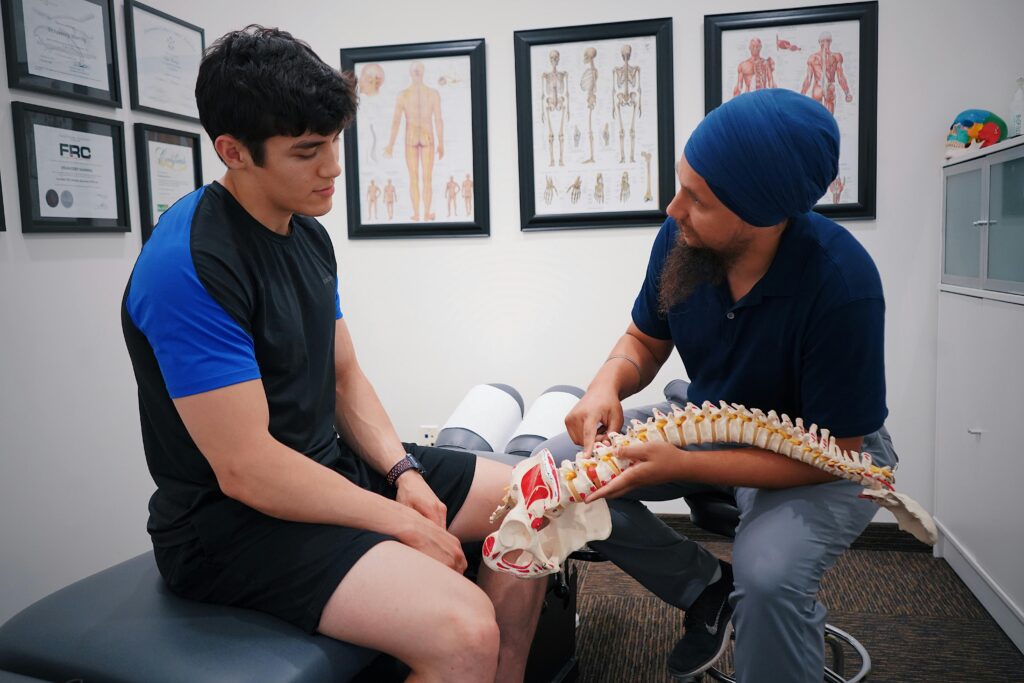Men’s Health
Significance of Bone Health in Men
Introduction
Men’s bone health becomes increasingly crucial as they age. Strong and strong bones are not only important for physical activity and overall well-being, but they also play an important role in the prevention of disorders such as osteoporosis. However, men’s bone health is sometimes disregarded, with the focus primarily on women. In this article, we will explore the importance of bone health in men, as well as the variables that contribute to bone loss in men.
Understanding the importance of bone health
Our bodies’ framework is made up of bones, which provide support, protection, and mobility. They also act as a repository for important minerals such as calcium and phosphorus. While bone health is vital for everyone, it is especially important for men as they get older. Men’s bone density gradually declines when they reach middle age, rendering them more prone to fractures and osteoporosis.

Factors affecting bone health in men
Several things can have an impact on men’s bone health. One of the most important determinants is age, as bone loss accelerates after the age of 50. A family history of osteoporosis or fractures, for example, increases the risk. Smoking, heavy alcohol intake, and sedentary lifestyle choices can all lead to poor bone health. Furthermore, hormonal changes, notably a decrease in testosterone levels, might alter men’s bone density.
Common bone health issues in men
Although osteoporosis is generally associated with women, it is also a major worry for men. According to statistics, one in every four males over the age of 50 will suffer an osteoporotic fracture over their lifetime. Men are more prone than women to suffer from osteoporosis-related fractures in the hip, spine, and wrist, which can severely limit mobility and quality of life. Men must be aware of these dangers and take proactive measures to avoid bone loss.

Signs and symptoms of poor bone health
Early intervention requires recognizing the signs and symptoms of poor bone health. While osteoporosis is frequently asymptomatic until a fracture develops, there are several warning indicators to be aware of. Back pain, loss of height, stooped posture, and fractures caused by minor falls or traumas are examples of these. If you have any of these symptoms, you should see a doctor right away for a comprehensive evaluation and proper treatment.
Preventive measures for maintaining strong bones
When it comes to preserving strong bones, prevention is crucial. Men can use a variety of ways to protect their skeletal system. Walking, jogging, and resistance training are all weight-bearing exercises that help encourage bone growth and density. Avoiding smoking, limiting alcohol use, and maintaining a healthy body weight are all important.
Diet and nutrition for optimal bone health
A well-balanced diet rich in key nutrients is essential for good bone health. Calcium is the building block of bones, thus males should aim for 1000-1200 mg of calcium every day. Calcium-rich foods include dairy products, leafy green vegetables, and fortified foods. Vitamin D is also essential because it aids the body’s absorption of calcium. Vitamin D is abundant in the sun, fatty fish, and fortified meals.
Exercise and physical activity for strong bones
Regular exercise and physical activity not only improve overall health but also play an important role in bone health. Weight-bearing exercises like weightlifting, trekking, and dancing promote the formation of new bone tissue. Incorporating balance and coordination exercises, such as yoga or tai chi, can help minimize the incidence of falls and fractures.

Supplements and medications for improving bone health
Supplements and drugs may be required in some circumstances to promote bone health. If food intake is insufficient, calcium and vitamin D supplements can be suggested. Men with substantial bone loss or osteoporosis may benefit from medications such as bisphosphonates, selective estrogen receptor modulators (SERMs), and testosterone replacement treatment. However, before beginning any supplements or medications, it is critical to contact with a healthcare expert.
Conclusion: Taking charge of your bone health as a man
In conclusion, maintaining bone health is of utmost importance for men as they age. By understanding the significance of bone health and the factors that contribute to bone loss, men can make informed decisions to protect their bones. Prioritizing regular exercise, adopting a balanced diet rich in calcium and vitamin D, and avoiding lifestyle choices that can harm bone health are essential for preserving and strengthening the skeletal system. By taking charge of their bone health, men can reduce the risk of fractures, improve their quality of life, and enhance their overall longevity.
Remember, strong bones are the foundation for an active and healthy life, and it’s never too early or too late to start prioritizing bone health. So, make bone health a priority and take the necessary steps to ensure a strong and resilient skeletal system. Your future self will thank you for it.


